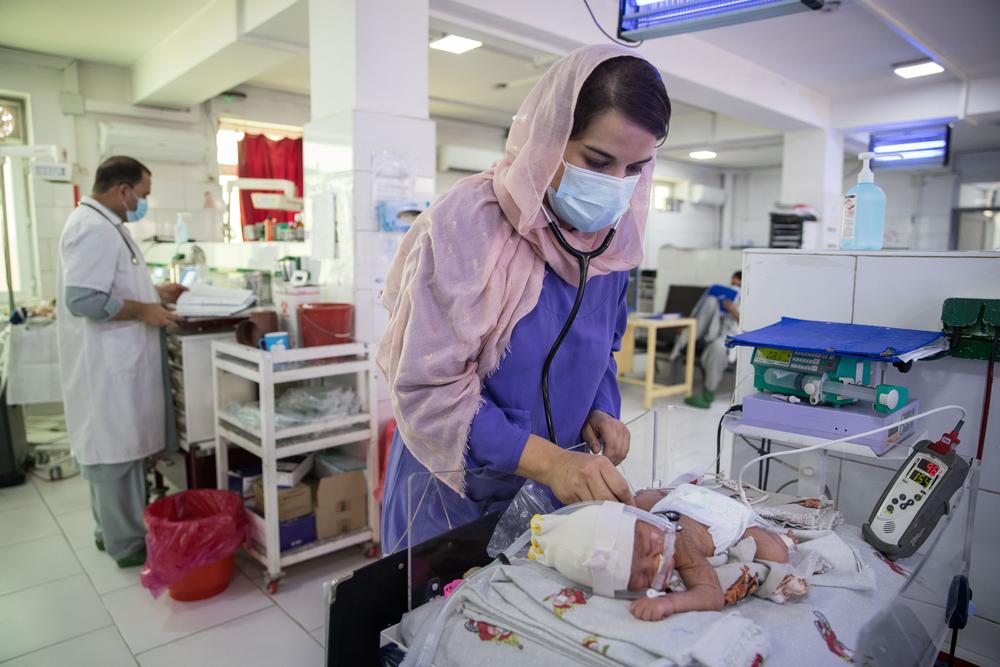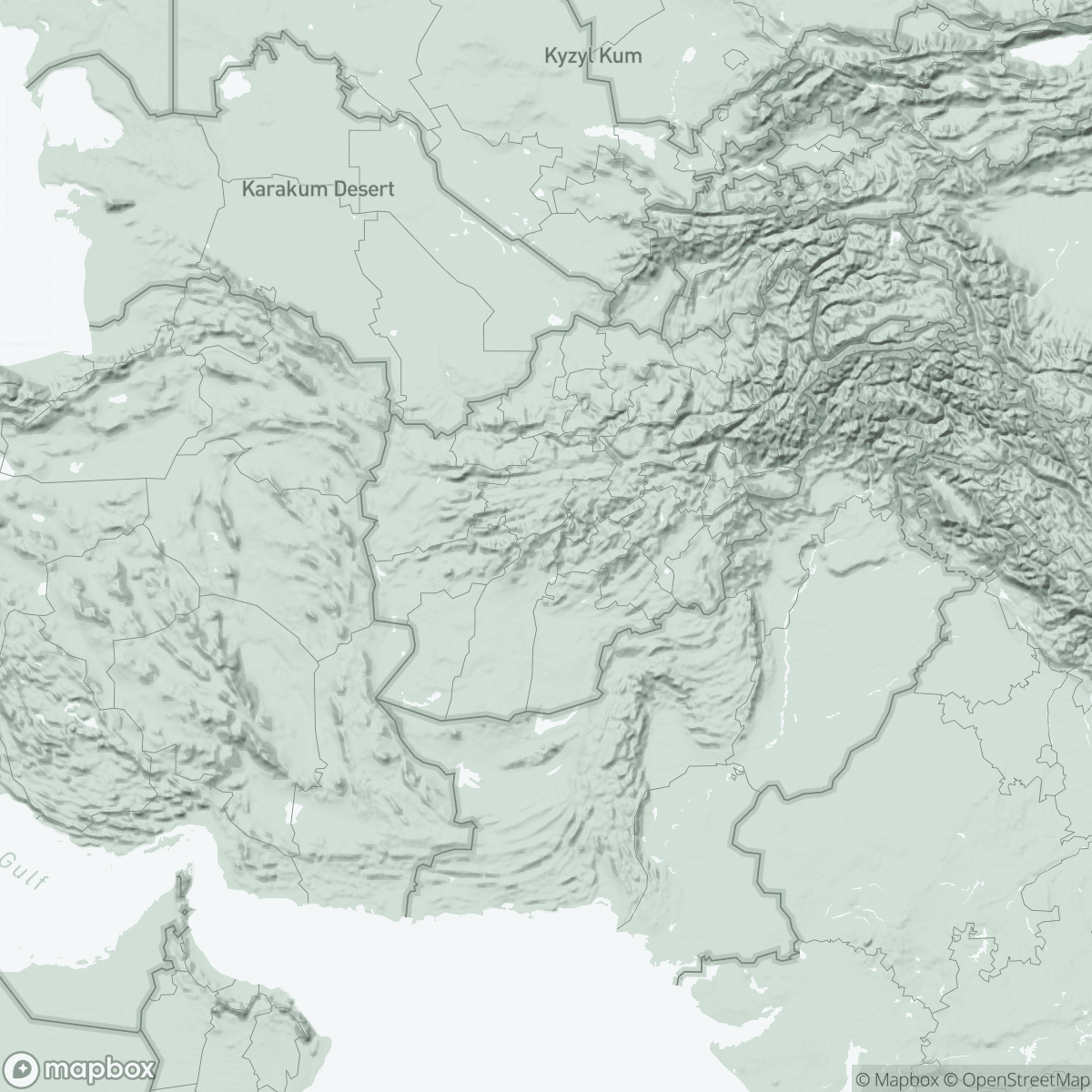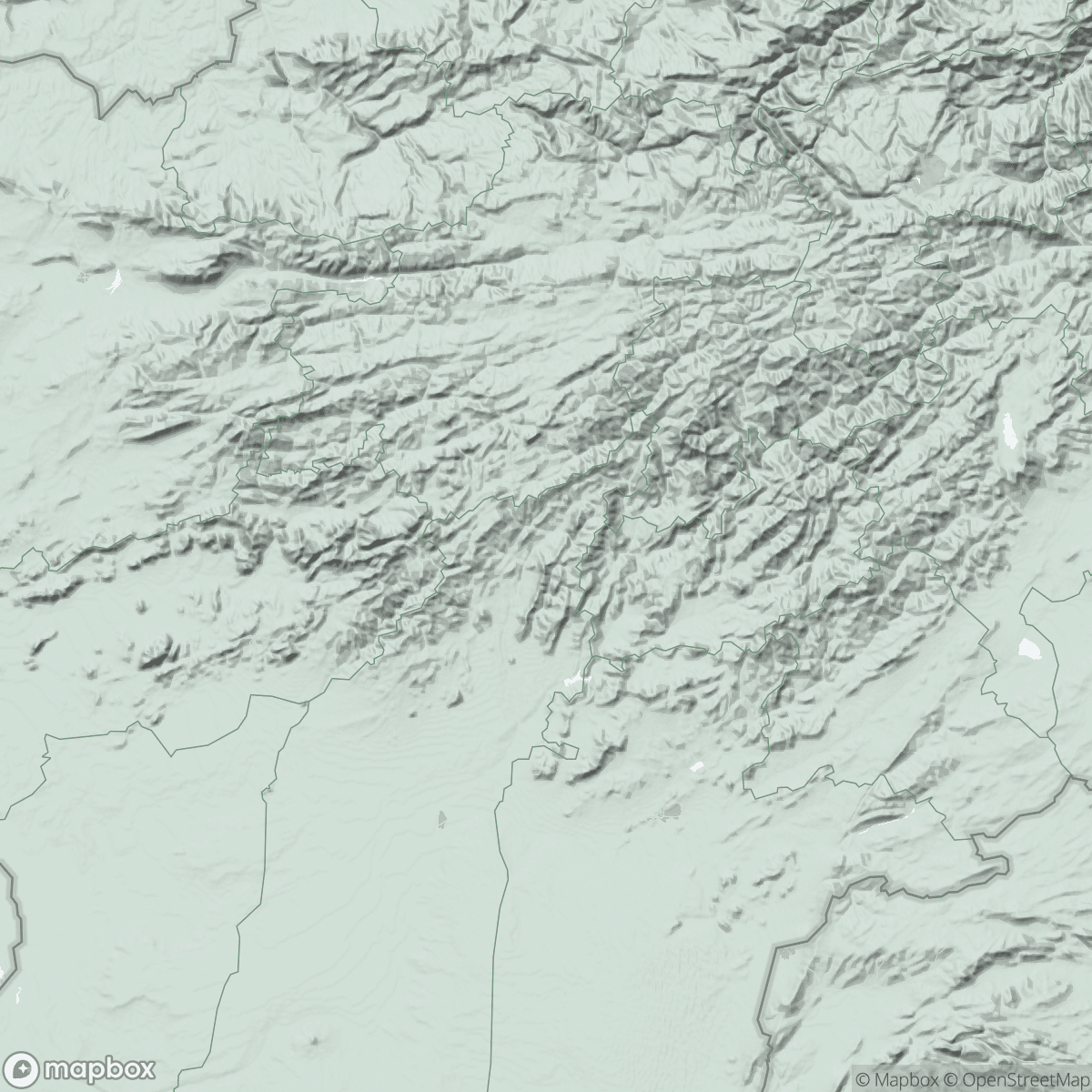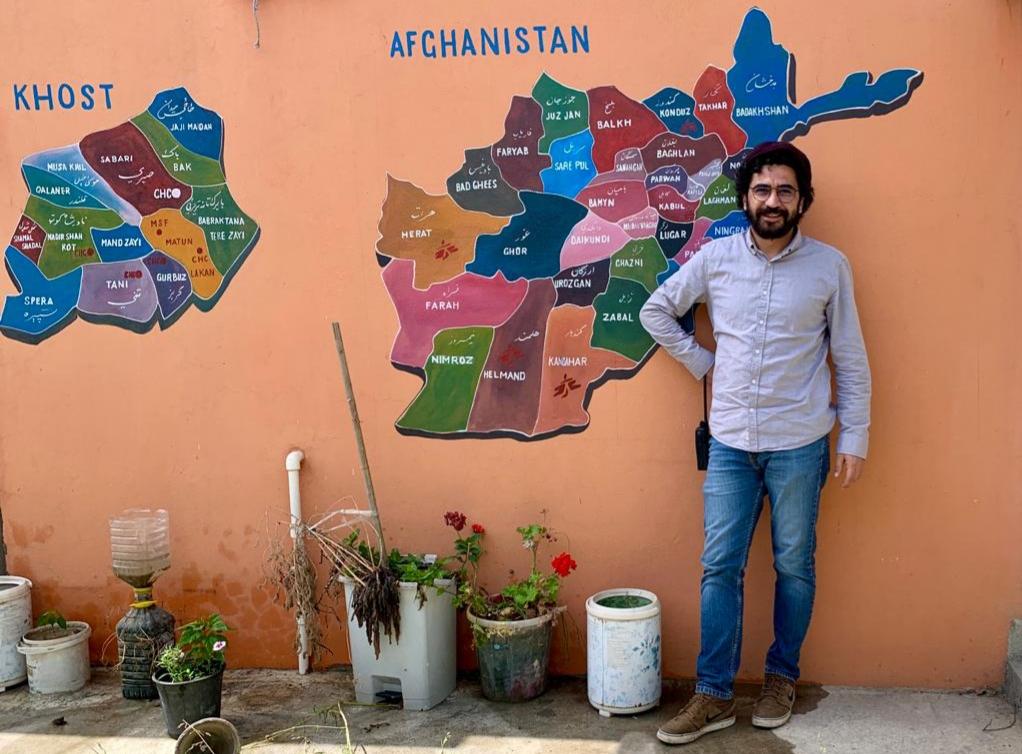
3 questions to Fazli Kostan, MSF project coordinator at the MSF Khost maternity hospital
In 1 click, help us spread this information :
How the rise to power of the Taliban in August 2021 has influenced and/or changed the activity within the maternity hospital?
In fact, in Afghanistan the health system is very dependent on international donors. Initially they stopped their funding after the change in government and a lot of the clinics closed down or were not really operational. The health system was very weak at that moment. Funding has since been restored, but the health system still has a lot of problems, as it has for years.
What happened is that while many international actors were leaving the country, MSF decided to stay, providing medical care at a time when there were even fewer healthcare facilities available for people than before.
In Khost we normally focus on providing healthcare to women who are experiencing some form of complication during pregnancy, however at this time we widened our admission criteria, so we would give medical care to any pregnant woman who came to us. We really needed to do it as many other health facilities were closed or barely functioning. It had a big effect on our activities, including on human resources capacity, on finances and everything related to the admission criteria.
Our relationship with the authorities has been pretty good recently. We have always respected MSF's principles of neutrality and impartiality. But what was very difficult at that time, in August 2021, was the renewal of our network of contacts, as the authorities and the government changed. This took a lot of time and a lot of effort for security and communication reasons. But overall, I would say that the authorities were very cooperative.
What are the daily difficulties faced by women attending your facilities?
From our medical perspective, the main problem is access to healthcare coupled with the security concerns of the population. Public facilities are understaffed, underfunded and under equipped, lacking sufficient medicines and equipment. MSF’s facilities are not affected by the same problems, but transport is not good or even non-existent, making it difficult for patients to access our facilities during the night.
Women must also be accompanied by a maharam, a kind of companion person for women, who must always go with them, whether it is their husband, their cousin or another male relative. If a woman doesn’t have the company of a man, it is very difficult for her to come to our facilities. Another factor to consider is that due to long standing cultural customs the husband, or in some cases the mother in law, has to make the decision regarding whether to proceed with treatment. These customs aren’t new, they have always existed since long before MSF started working in Khost.
What are your main needs?
International donors have, on the most part, resumed funding to Afghanistan and are supporting some health facilities as they have done in the past. But the health system has been unable to meet people’s needs for years, and there seems to be little attempt to improve things.
Preserving a barely functioning heath system is better than nothing, but it means many people can’t access the healthcare they need.
On the other hand, finding qualified staff can be challenging as many have left the country. For example, our hospital has some difficulties in finding an Afghan female gynaecologist. Also, when you hire a person, you have to train him or her on certain standards and protocols, which takes a long time.
The problems in the health system mean that public health facilities don’t always identify complications quickly and immediately refer them to MSF. This can lead patients to arrive at our hospital in more critical conditions.
Facts & Figures
- Maternal mortality in Afghanistan is one of the highest in the world. The rate of stillbirths in Khost in 2021 is 37 stillbirths per 1000 births.
- In 2021, nearly 19,000 deliveries took place at the Khost maternity hospital.
- Our focus in 2022 remain to:
- offer quality free of charge care for complicated deliveries;
- address the barriers faced by women to access to sexual and reproductive care;
- and ensure women can deliver closer to home for normal deliveries and be referred adequately from the health centres MSF supports when a complicated delivery is expected.


